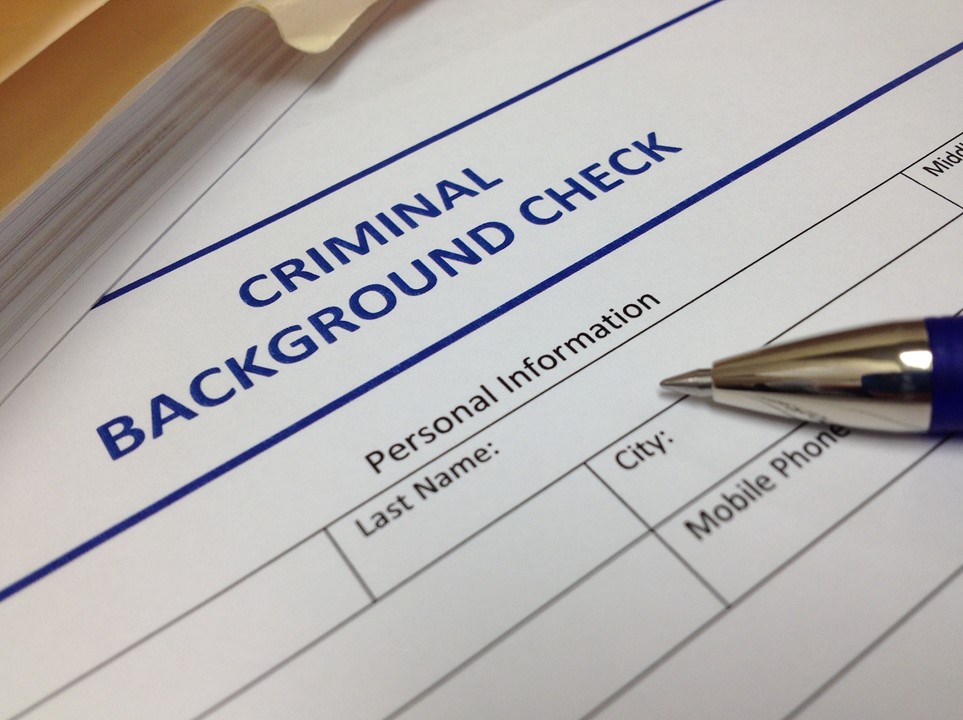
Selecting the ideal candidate is vital for any organization. A key aspect of the hiring process is performing comprehensive employment background checks. These checks play a significant role in confirming the candidate’s qualifications, experience, and overall fit for the position, while also safeguarding workplace safety and security. It is imperative that these checks are carried out in an ethical and legal manner.
This blog post highlights best practice approaches for conducting background checks on prospective employees.
1. Familiarize Yourself with Legal Obligations
Prior to commencing background checks, it’s crucial to grasp the legal obligations that regulate these procedures. Various states impose distinct laws regarding the type of information that can be gathered and the manner in which it should be used.
Essential legal factors to consider include:
• Fair Credit Reporting Act (FCRA): The FCRA governs the handling of consumer information. Employers are required to obtain written permission from candidates prior to performing a background check and must furnish them with a copy of the report if any negative action is taken.
• EEOC Guidelines: These guidelines safeguard against discrimination in background checks, ensuring that candidates are not treated unfairly due to their race, color, national origin, sex, or religion.
• State and local ban-the-box requirements: Many states and local authorities have placed limits on employer’s access to criminal records for employment purposes. For instance, employers may be limited on considering an applicant’s criminal records history until an offer of employment is made, or employers may be limited to criminal records for the past 7 years.
2. Secure Consent from Candidates
Securing written consent from candidates is not only a legal obligation in various jurisdictions but also a best practice that promotes transparency. The consent form must clearly advise the applicant that their employment could be adversely impacted based on the background check and specify the kinds of information that will be gathered.
3. Maintain Consistency and Fairness
Maintaining consistency is essential to prevent accusations of discrimination or bias. Establish a uniform procedure for conducting background checks and ensure it is applied equally to all applicants. This should involve:
• Specifying the Scope: Identify which elements of the candidate’s background will be examined, including criminal records, credit history, employment history, education verification, and moto vehicle records.
• Job Pertinence: Make sure the elements you are evaluating align with the specific job requirements. For example, a credit check might be more applicable for a finance position compared to a marketing role.
4. Conduct Criminal History Research
Criminal background checks are essential for all roles within an organization, especially those that entail security, financial duties, or interaction with at-risk groups. It’s important to manage this information with care and adhere to local regulations concerning the use of criminal records in the hiring process. Effectively conducting criminal records research can provide a legal defense for employers against negligent hiring or negligent supervision claims.
5. Confirm Employment Background and Educational Qualifications
It’s crucial to validate a candidate’s employment history and educational background to confirm that they possess the experience and skills they assert. Reach out to former employers to verify job titles, employment dates, and whether they would rehire the applicant
. Furthermore, check educational qualifications by contacting the relevant institutions directly or by using verification services.
6. Verify Professional References
Professional references offer valuable perspectives on a candidate’s work ethic, dependability, and interpersonal abilities. Reach out to the references listed by the candidate and inquire about specific aspects of their performance, including strengths and areas where they can improve. Alternatively, request the names of former supervisors or work colleagues from the applicant.
7. Check Motor Vehicle Records
For positions that involve driving during business hours, conducting a motor vehicle record can be vital in determining if an applicant’s driver’s license is active, suspended or lists multiple violations like driving while under influence or careless driving. This would also be an important check for workers driving a forklift, as well as traveling professionals who occasionally rent cars.
8. Thoroughly Evaluate and Analyze Information
Carefully assess all the collected information and evaluate its relevance to the position. If you encounter any inconsistencies or troubling details, allow the candidate to clarify or offer further context.
9. Utilize a Trusted Background Check Provider
Collaborating with a trusted background check provider can simplify the process while guaranteeing precision and adherence to regulations. These professionals possess the knowledge to perform thorough screenings and remain current with legal obligations.
10. Preserve Confidentiality
Keep all background check information confidential and restrict access to individuals directly participating in the hiring process. It is essential to implement appropriate data security measures to safeguard the candidate’s information.
Summary
Carrying out employment background checks is an essential aspect of the hiring process, enabling organizations to make informed choices, minimize the risk of negligent hiring claims and ensure a safe and efficient work environment. Employers can achieve effective and ethical background checks by familiarizing themselves with legal obligations, securing candidate consent, maintaining consistency and fairness, and employing trusted services. Adhering to these best practices not only safeguards the organization but also honors the rights and privacy of applicants.

